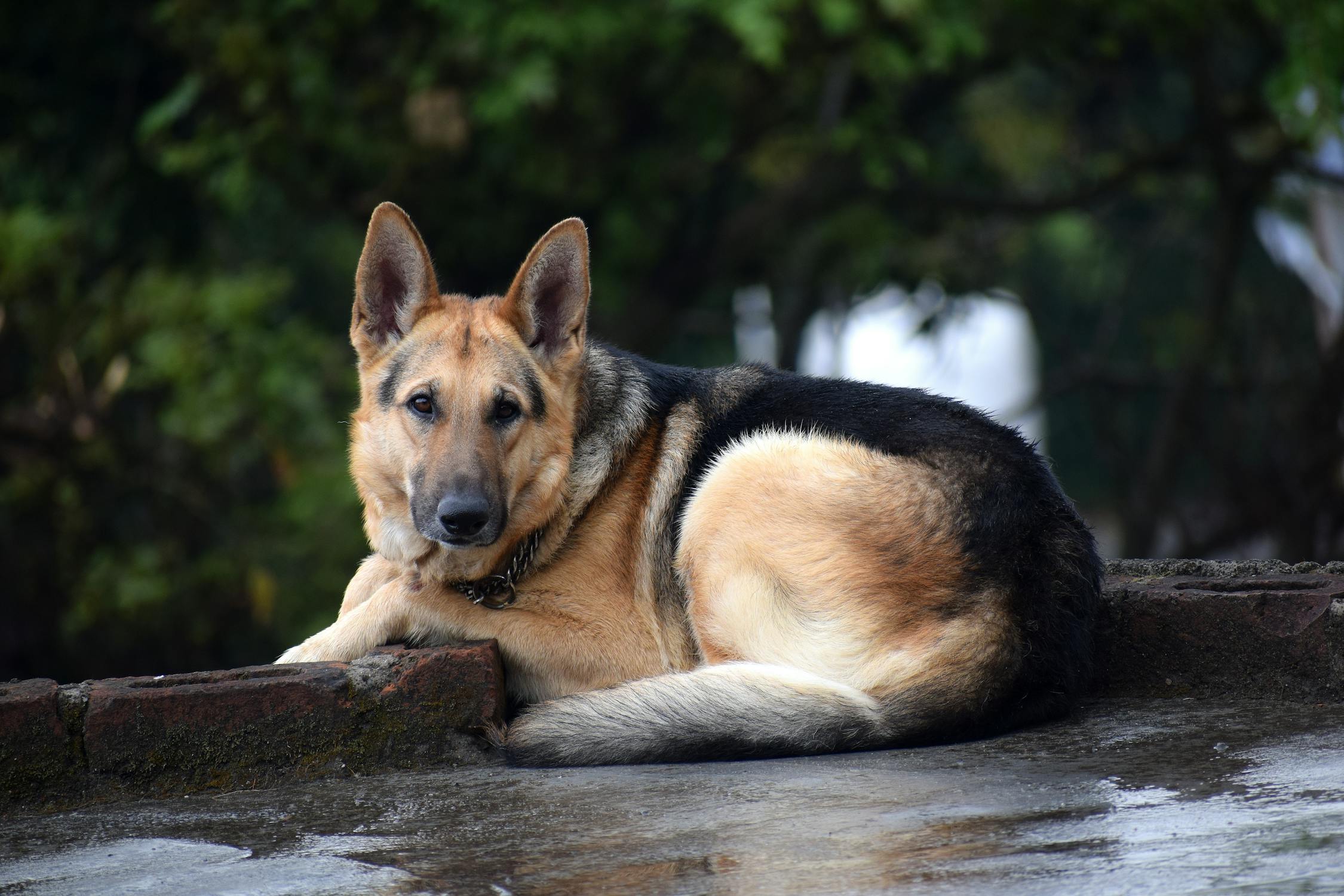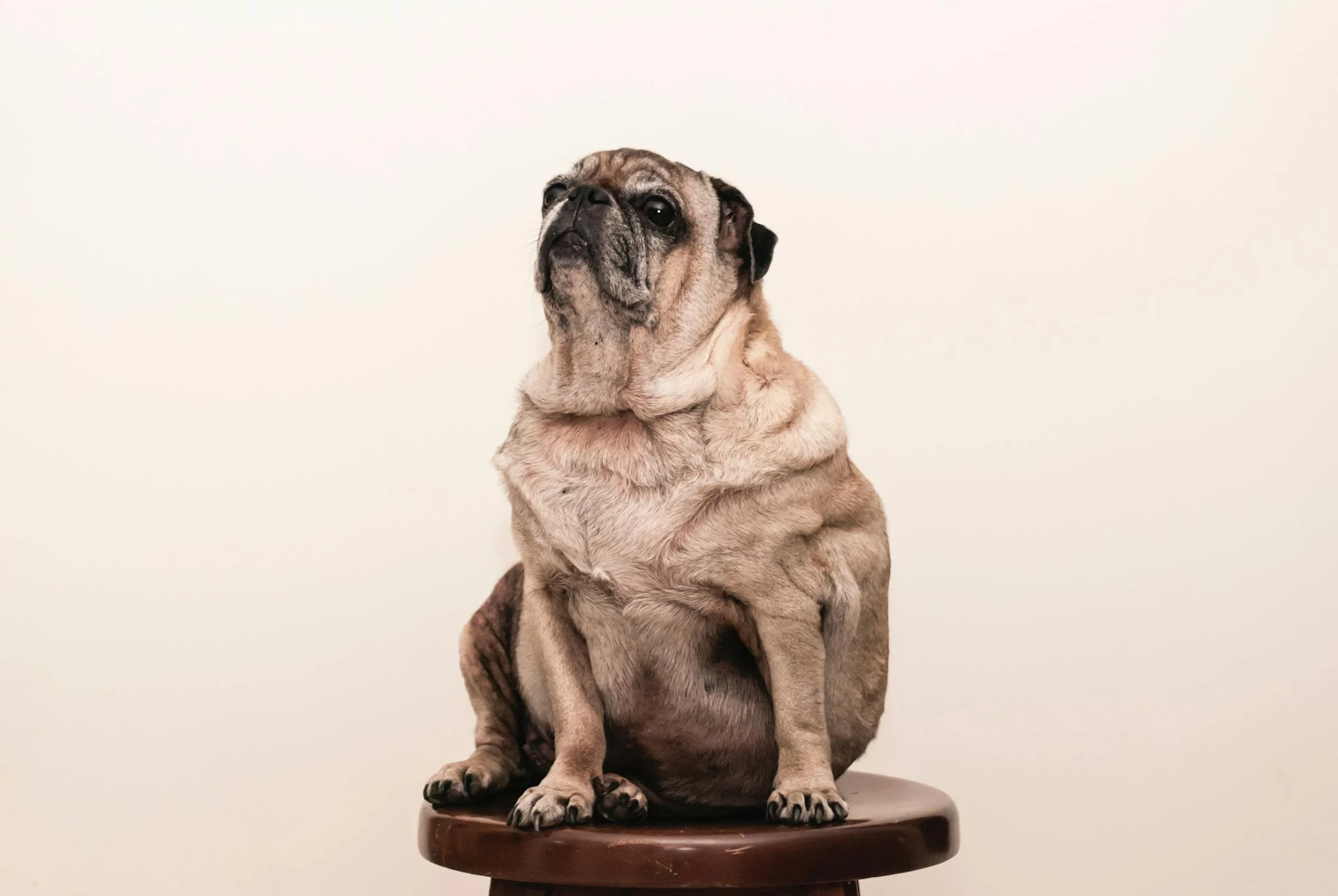-
Dogs & Puppies
-
Cats & Kittens
-
Other Pets
-
Shelters & Rescues
-
Guides & Resources

Pet dogs hold a special place in our hearts and homes, providing companionship, love, and loyalty. As responsible pet owners, it's natural to be concerned about their health and wellbeing. One of the serious health concerns that can affect dogs, much like humans, is cancer. Understanding the risk, symptoms, and treatment options for cancer in dogs can help ensure early detection and better outcomes for our furry friends.

Cancer is a disease characterized by the uncontrolled growth of abnormal cells in the body. In dogs, cancer can occur in various forms, affecting different organs and systems. Common types of cancer in dogs include lymphoma (cancer of the lymph nodes), mast cell tumors (skin cancer), osteosarcoma (bone cancer), and hemangiosarcoma (cancer of the blood vessels).
Several factors can increase the risk of cancer in dogs:
1. Age: Cancer is more common in older dogs, as their cells have had more time to accumulate genetic mutations.
2. Breed: Certain breeds are more predisposed to specific types of cancer. For instance, Golden Retrievers and Boxers are prone to lymphoma, while large breeds like Great Danes and Rottweilers have a higher risk of bone cancer.
3. Genetics: Hereditary factors play a significant role in cancer susceptibility. Dogs with a family history of cancer may be at higher risk.
4. Environment: Exposure to toxins, pesticides, secondhand smoke, and other environmental factors can contribute to the development of cancer in dogs.

Early detection of cancer can significantly improve the chances of successful treatment. Pet owners should be vigilant and look for the following signs and symptoms:
1. Lumps and Bumps: Unusual growths or swellings, especially those that increase in size or change over time.
2. Weight Loss: Unexplained weight loss or loss of appetite.
3. Lethargy: Persistent fatigue, lack of energy, or reluctance to exercise.
4. Changes in Behavior: Sudden changes in behavior, such as aggression, anxiety, or depression.
5. Persistent Pain or Lameness: Limping, difficulty moving, or signs of pain that do not improve.
6. Difficulty Breathing or Coughing: Respiratory issues, coughing, or difficulty breathing.
7. Changes in Bathroom Habits: Blood in urine or stool, difficulty urinating or defecating.

If you notice any concerning symptoms in your dog, it's essential to seek veterinary care promptly. Diagnosing cancer typically involves a combination of physical examinations, blood tests, imaging (such as X-rays, ultrasounds, or MRIs), and biopsies.
Treatment options for canine cancer depend on the type and stage of the disease, as well as the overall health of the dog. Common treatments include:
1. Surgery: Removing tumors or affected tissues.
2. Chemotherapy: Using drugs to kill cancer cells or slow their growth.
3. Radiation Therapy: Using high-energy radiation to target and destroy cancer cells.
4. Immunotherapy: Enhancing the dog's immune system to fight cancer.
5. Palliative Care: Providing comfort and managing pain in cases where a cure is not possible.

While not all cancers can be prevented, there are steps you can take to reduce your dog's risk:
1. Regular Veterinary Check-ups: Routine exams can help detect health issues early.
2. Healthy Diet and Exercise: A balanced diet and regular exercise can improve overall health and reduce cancer risk.
3. Avoid Exposure to Toxins: Minimize your dog's exposure to harmful chemicals, pesticides, and secondhand smoke.
4. Spaying and Neutering: These procedures can reduce the risk of certain cancers, such as mammary and testicular cancer.
Cancer in dogs is a serious concern, but with awareness and proactive care, we can improve the chances of early detection and effective treatment. Regular veterinary check-ups, a healthy lifestyle, and prompt attention to any unusual symptoms can help ensure that our beloved pets live long, healthy, and happy lives. If you suspect your dog may have cancer, consult your veterinarian for a comprehensive evaluation and personalized treatment plan.